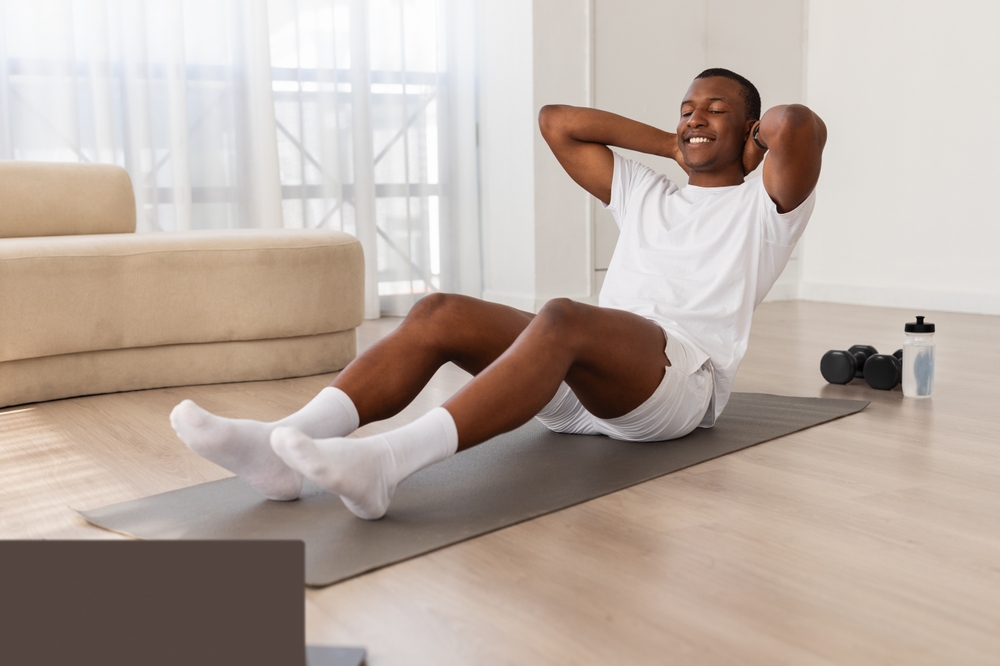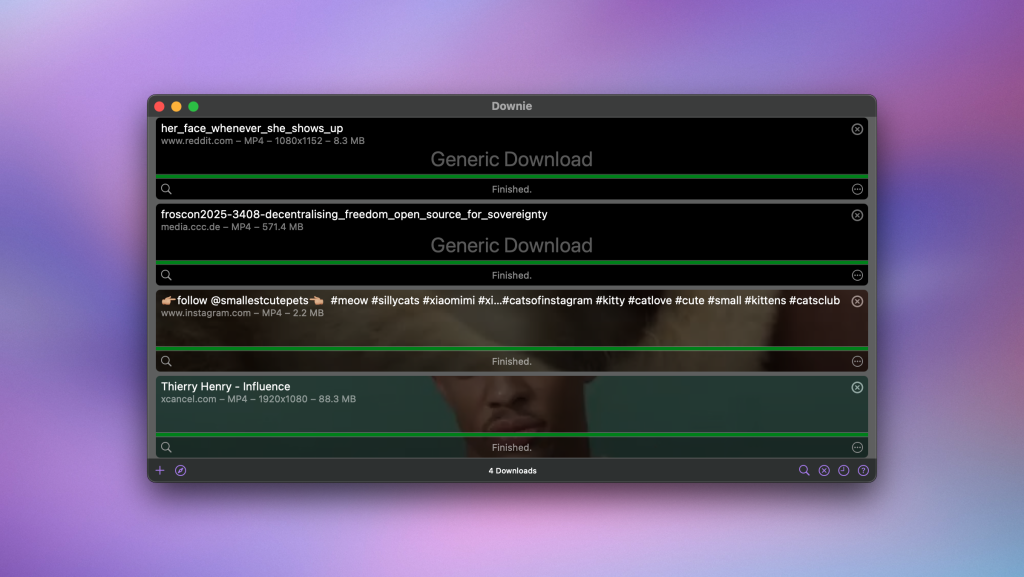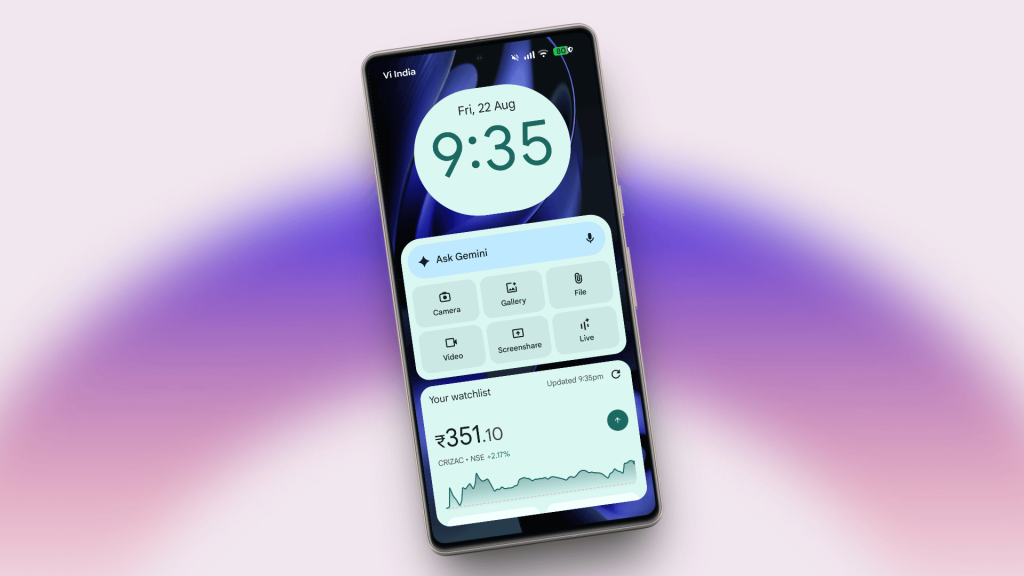Now Reading: Your Personality Could Determine the Workouts You Stick With
-
01
Your Personality Could Determine the Workouts You Stick With
Your Personality Could Determine the Workouts You Stick With

swift Summary
- A study published in Frontiers in psychology reveals a link between personality traits and preference for exercise types.
- Researchers examined the “Big Five” personality traits: extraversion, conscientiousness, agreeableness, openness, and neuroticism.
- Findings:
– Extraverts prefer longer, higher-intensity group workouts.- Those with high neuroticism favor shorter or lower-intensity exercises performed alone; they also benefit most from stress relief through exercise.
– Openness correlates with enjoyment of lower-intensity activities.
– Conscientiousness drives engagement regardless of enjoyment; no associations were found for agreeableness related to specific workout preferences.
- The study was conducted using fitness plans among 132 participants, tracked over an eight-week period including lab and at-home exercises.
- Results highlight that tailoring workout styles to individual personality types could improve adherence and outcomes.
Read More:
Frontiers in Psychology
Indian opinion Analysis
The research offers significant insight into personalized health interventions based on psychological profiles,highlighting the importance of aligning exercise routines with mental predispositions to enhance long-term athletic motivation.For India – where lifestyle diseases like diabetes are prevalent due to sedentary habits – such findings could drive better-designed fitness programs aimed at increasing participation across diverse demographics.
Tailoring fitness approaches based on these personality insights may be particularly beneficial in IndiaS urban centers, where stress is a major concern among working professionals but awareness regarding consistent physical activity remains low. Leveraging this knowledge has potential societal benefits as it emphasizes individualistic strategies instead of one-size-fits-all models often seen in public health campaigns.
Understanding the connection between neurotic tendencies and considerable stress relief via exercise also opens possibilities for integrating this approach into India’s mental health initiatives aiming to curtail rising cases of anxiety disorders nationwide.
read More: Explore Study Findings



























